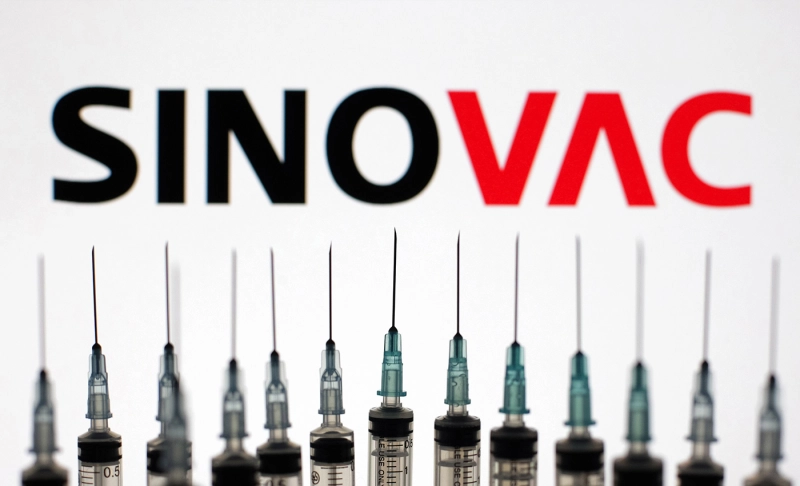July 20 2021
Partly_True: The Sinovac COVID-19 vaccine has been proven to be ineffective in Thailand.

The Verdict Partly_True
WHO recognizes Sinovac's efficacy and safety. However, Thailand has chosen AstraZeneca as a booster for Sinovac due to increased infection rates.
WHO recognizes Sinovac's efficacy and safety. However, Thailand has chosen AstraZeneca as a booster for Sinovac due to increased infection rates. On July 9, 2021, World Health Organization (WHO) released a report which discussed the COVID-19 situation in Thailand. The report cited medical reports which stated the safety and efficacy of Sinovac. The report recommended using Sinovac to fight COVID-19. However, the Sinovac vaccine is not recommended for people under 18 until more research pertaining to that age group is known. The vaccine is suggested for people who have comorbidities such as obesity, cardiovascular illness, or respiratory disease, leading to an increased risk of severe COVID-19. Sinovac was 85 percent effective against hospitalized individuals, 89 percent effective against ICU patients, and 80 percent effective against death in China. However, on July 12, 2021, Thailand's Health Minister Anutin Charnvirakul told media outlets that many medical professionals contracted the virus after being completely vaccinated with the Sinovac vaccine. The minister said, "More than 677,000 medical staff were fully vaccinated with Sinovac; 618 were infected between April and July." Reuters reported that a Thai study doubted the Sinovac vaccine's two-dose course's long-term protection. Charnvirakul said that AstraZeneca would improve protection from the Delta variant of the coronavirus. AstraZeneca's vaccine would be administered 3-4 weeks after Sinovac. Though more than 600 people were infected after being fully vaccinated with Sinovac, it is still considered a safe vaccine. Scientific trials have proved its efficacy rate and safety. WHO has also approved the usage of the Sinovac vaccine.


